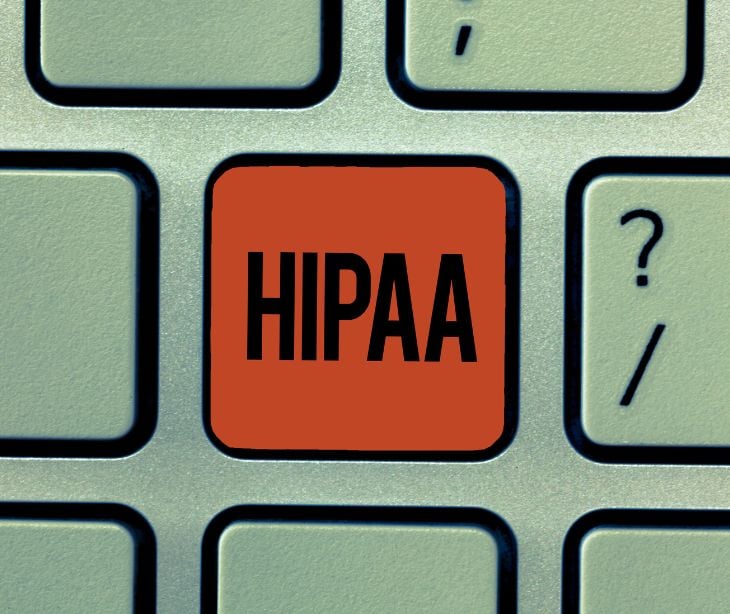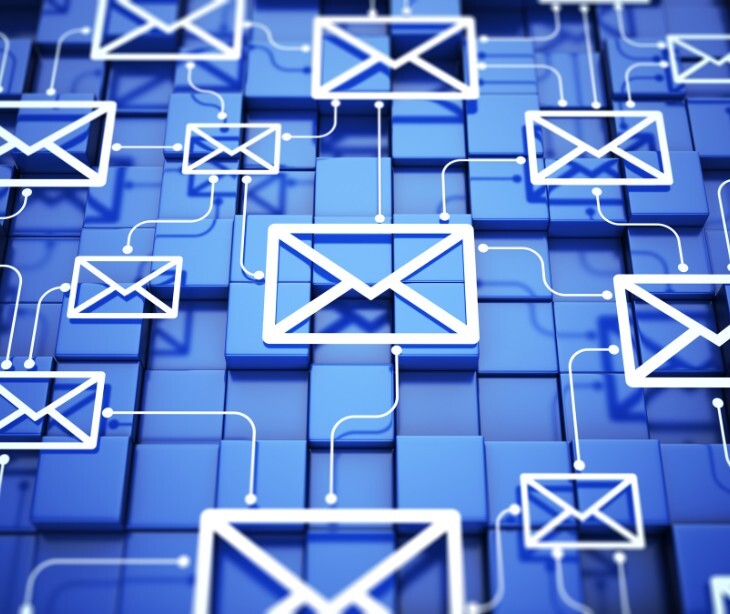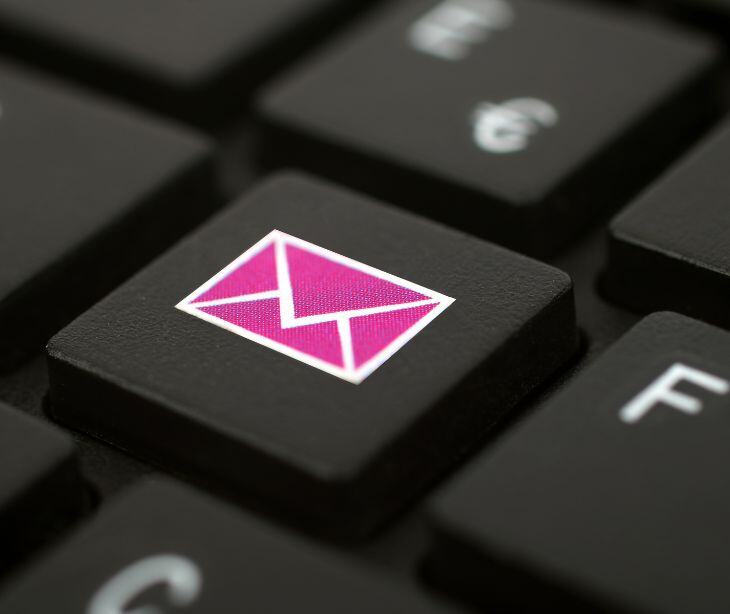
HIPAA violations in email communications are instances where protected health information (PHI) is mishandled, improperly transmitted, or accessed without authorization via email, leading to breaches of the Health Insurance Portability and Accountability Act (HIPAA). In 2023, healthcare providers encountered 62.3% of breaches with email playing a role in around 18% of those incidents.
What constitutes a HIPAA violation in email?
Several actions and situations can lead to HIPAA violations in email communications:
- Unencrypted transmission of PHI: Sending patient health information via email without encryption or adequate security measures in place.
- Unauthorized access or disclosure: Sharing PHI with individuals who are not authorized to view or handle this information, or disclosing it beyond what is necessary for patient care, violates HIPAA.
- Lack of patient consent: Sending PHI via email without obtaining explicit consent from the patient can be a violation, particularly if the information is disclosed to parties not involved in the patient's care.
- Inadequate security measures: Using unsecured or non-compliant email services or failing to implement proper security protocols can result in HIPAA violations due to the increased risk of unauthorized access or data breaches.
- Failure to implement access controls: Not restricting access to PHI within an organization based on job roles or responsibilities can lead to unauthorized exposure.
- Improper disposal of emails: Neglecting to securely delete or dispose of emails containing PHI after they are no longer necessary or relevant can also result in HIPAA violations.
Related:
Avoiding email HIPAA violations
Implementing secure email practices is fundamental in healthcare to avoid HIPAA violations and protect patient privacy. Here are some practices healthcare organizations can implement:
- Encryption: Employing encryption ensures that PHI remains secure during transmission. Encryption algorithms scramble data, making it unreadable to unauthorized individuals.
- Secure communication platforms: Opting for HIPAA compliant email services equipped with robust security features can mitigate risks associated with data breaches. Paubox is an example of a HIPAA compliant email solution.
- Access controls: Limiting access to PHI within the organization based on job roles and responsibilities helps prevent unauthorized exposure.
- Employee training: Educating staff on HIPAA regulations and best practices for handling PHI in emails ensures that HIPAA regulations are followed, thus reducing the risk of breaches. Training sessions should emphasize the importance of confidentiality and data security.
Consequences of HIPAA violations
The repercussions of HIPAA violations in email communications can be severe, leading to legal penalties and reputational damage for healthcare providers and organizations. Penalties may include substantial fines of up to $2,067,813, legal actions such as criminal law suites, loss of reputation, and even criminal charges in severe cases. Additionally, the breach might result in a loss of patient trust and confidence.
Best practices to avoid HIPAA violations
To ensure compliance and prevent HIPAA violations in email communications, healthcare professionals and organizations should:
Use secure communication channels: Employ encrypted email services or secure messaging platforms that meet HIPAA standards.
Obtain patient consent: Seek explicit patient consent before transmitting any PHI via email.
Regular audits and updates: Conduct regular audits of email systems and protocols to identify vulnerabilities and implement necessary updates.
Establish policies and procedures: Develop comprehensive policies and procedures for handling PHI in emails and ensure all staff members are trained accordingly.
Go deeper:
- How healthcare providers can prepare for HIPAA compliance audits
- How to develop HIPAA compliance policies and procedures
FAQs
What technologies can help ensure HIPAA compliance in email communication?
Several technologies can help ensure HIPAA compliance in email communication, including:
- Encrypted email services
- Secure messaging platforms
- Data loss prevention (DLP) software
- Multi-factor authentication (MFA)
- Email monitoring and auditing tools
- Secure email gateways
Can personal email accounts be used for communicating PHI?
Using personal email accounts to communicate PHI is highly discouraged and can lead to HIPAA violations. Personal email accounts typically lack the necessary security features, such as encryption and secure access controls, required to adequately protect PHI.
See also: FAQs: HIPAA email
How can patients report a suspected HIPAA email violation?
Patients can report a suspected HIPAA email violation by:
- Contacting the healthcare provider or organization’s privacy officer
- Filing a complaint with the Office for Civil Rights (OCR) within the Department of Health and Human Services (HHS)
- Providing details of the incident, including what occurred and when it happened
Learn more: Filing a HIPAA complaint
Subscribe to Paubox Weekly
Every Friday we'll bring you the most important news from Paubox. Our aim is to make you smarter, faster.




